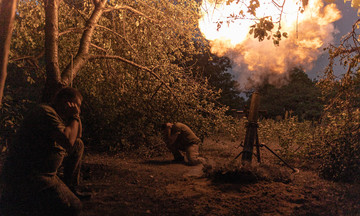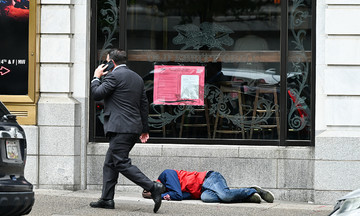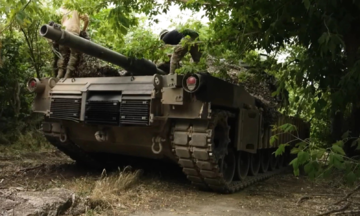Over 700 wildfires are currently burning across Canada, primarily in grasslands, with more than two-thirds of them out of control, according to the Canadian Interagency Forest Fire Centre (CIFFC).
The fires have scorched over 6.62 million hectares in Canada, about 82% higher than the total area burned in 2024, forcing evacuations across the country.
Smoke from the hundreds of fires has triggered air quality alerts in several locations in Canada and the US. Detroit, Michigan, along with Montreal and Toronto in Canada, ranked among the cities with the worst air quality worldwide on 4/8, according to IQAir.
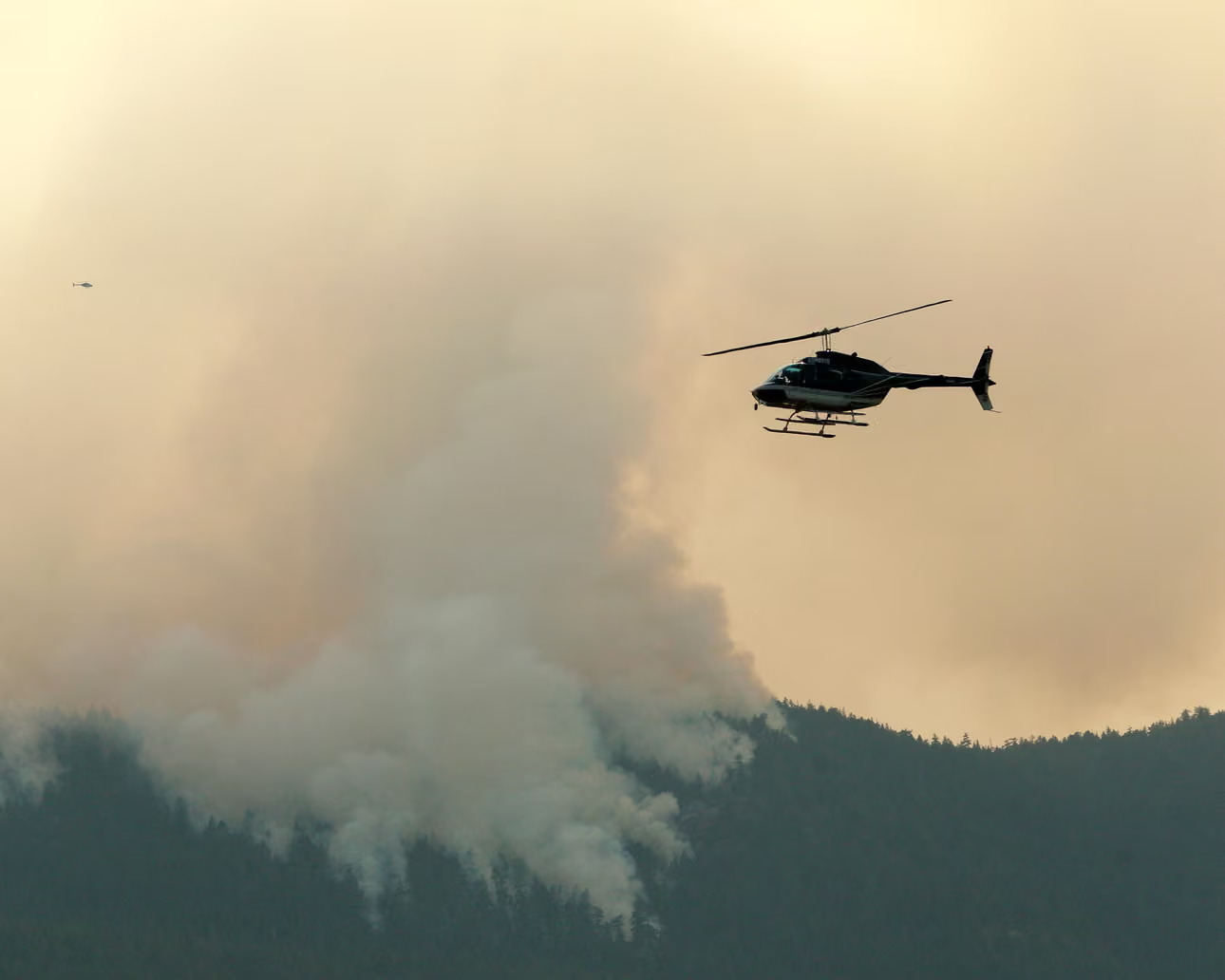 |
A wildfire burns in Coombs, British Columbia, Canada, on 3/8. Photo: Canadian Press |
A wildfire burns in Coombs, British Columbia, Canada, on 3/8. Photo: Canadian Press
Air quality alerts have been issued in Michigan, Iowa, Minnesota, Wisconsin, parts of Nebraska, and areas of Illinois and Indiana.
Officials in eastern states like New York, Vermont, New Hampshire, and Maine have also advised residents to limit outdoor activities due to the wildfire smoke.
Vulnerable groups, including the elderly, children, and those with respiratory or cardiovascular issues, have been advised to minimize time spent outdoors in Toronto and surrounding cities.
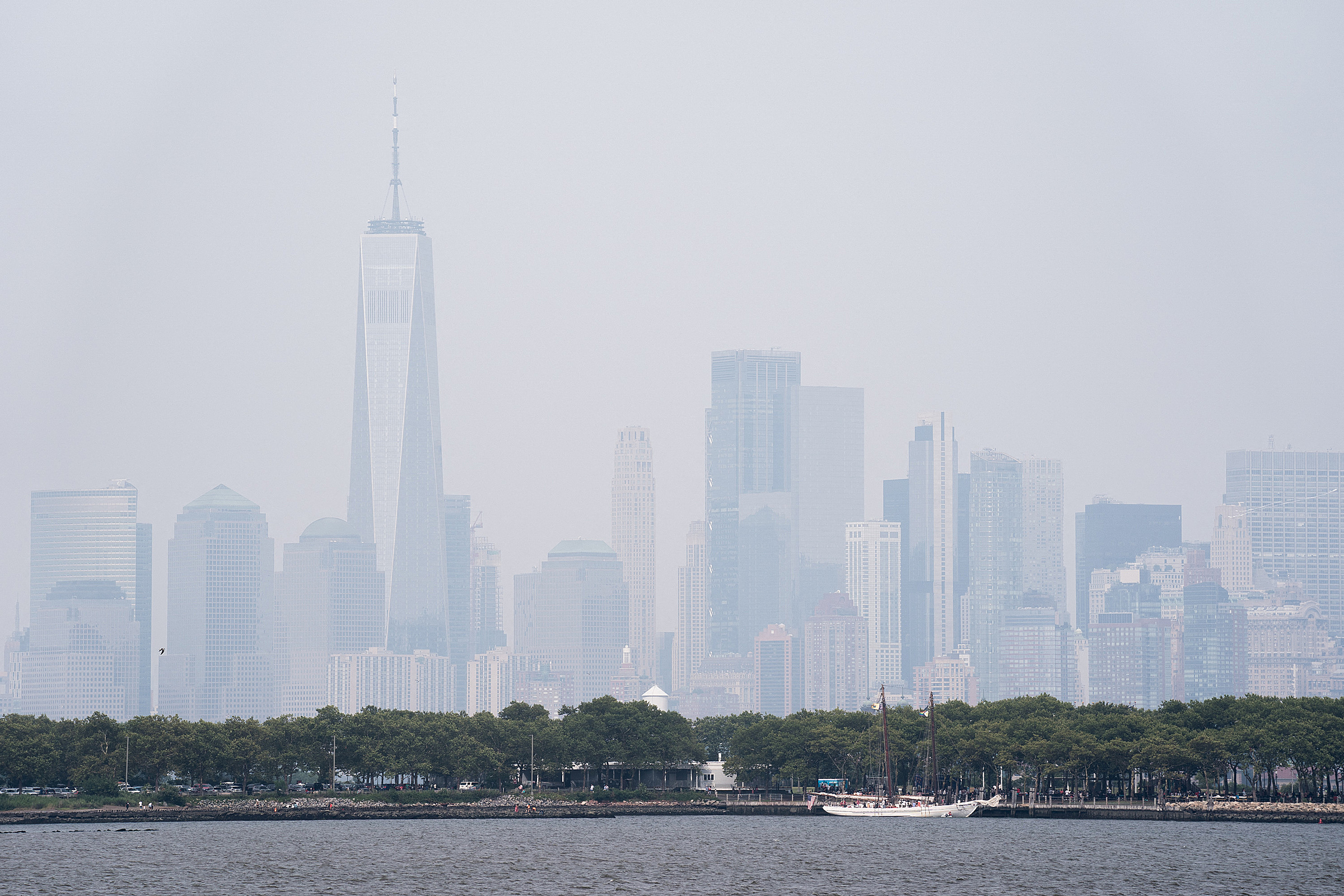 |
Wildfire smoke blankets New York City, US, on 26/7. Photo: AFP |
Wildfire smoke blankets New York City, US, on 26/7. Photo: AFP
Monica Vaswani, a wildfire warning specialist at Environment and Climate Change Canada, said this year's wildfire season is "particularly severe."
"Unfortunately, this isn't much different from recent years; it seems to be becoming the new normal," she said.
Duc Trung (According to Guardian, Canadian Press)










